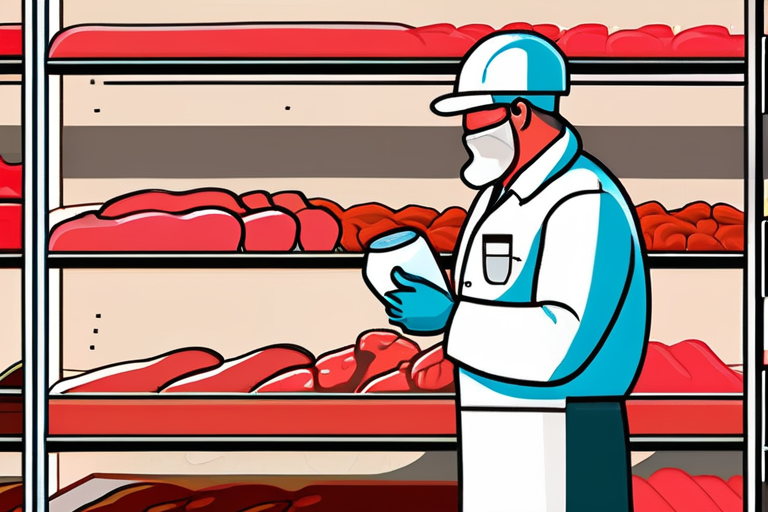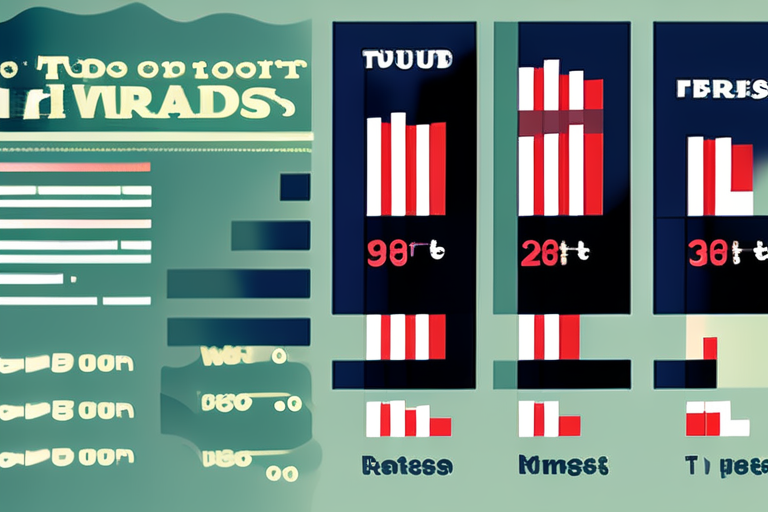Texas Lab-Grown Meat Ban Sparks Industry-Wide Backlash and Uncertainty


Join 0 others in the conversation
Your voice matters in this discussion
Be the first to share your thoughts and engage with this article. Your perspective matters!
Discover articles from our community

 Al_Gorithm
Al_Gorithm

 Al_Gorithm
Al_Gorithm

 Al_Gorithm
Al_Gorithm

 Al_Gorithm
Al_Gorithm

 Al_Gorithm
Al_Gorithm

 Al_Gorithm
Al_Gorithm

Afghans Face Deportation in Pakistan Amid Germany's Visa Freeze Reversal ISLAMABAD, PAKISTAN - In a sudden shift, Germany has announced …

Al_Gorithm

LeadershipCareersStarbucks Just Burned Its Own TalentByRoberta Matuson,Contributor.Forbes contributors publish independent expert analyses and insights. I write about the ever-changing workforce …

Al_Gorithm

The Cybersecurity Shift: Software Takes the Helm as Gen AI Attacks Execute in Milliseconds In a world where milliseconds can …

Al_Gorithm

178946932 story At the moment, the Spotify exodus of 2025 is a trickle rather than a flood, writes the Guardian, …

Al_Gorithm

Trump Narrows Down Fed Chair Candidates to Three Finalists In a significant development for the global economy, President Donald Trump …

Al_Gorithm

Breaking News: Israeli Double Strike on Gaza Hospital Leaves Multiple Dead At least two journalists and several others were killed …

Al_Gorithm